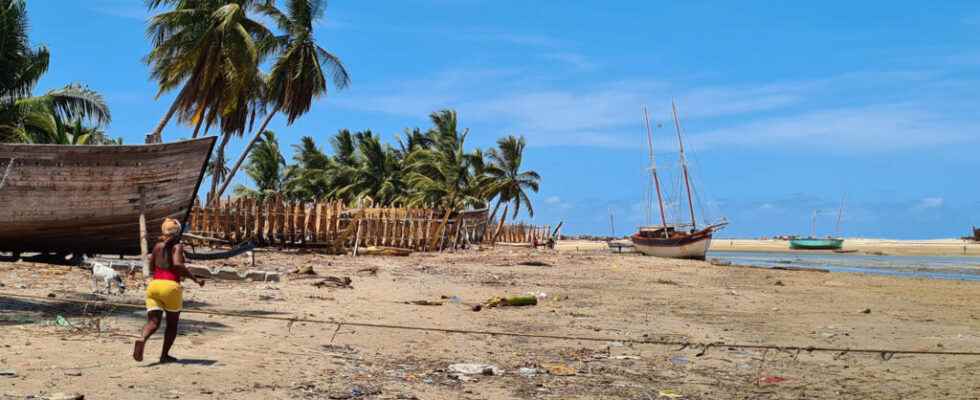As COP27 continues, and countless environmental protection programs are underway, social scientists warn that some of these projects tend to reproduce social inequalities, even as the problems of pollution are already rooted in unequal situations. In Antananarivo, on the occasion of a forum on plastic pollution in the Indian Ocean, several specialists evoke the social representations linked to pollution.
With our correspondent in Antananarivo, Sarah Tetaud
The ExPLOI project funded by the Indian Ocean Commission aims to combat plastic pollution. And it is in this context that a study on the perception of risk was carried out among the Vezo, the ethnic group of nomadic fishermen widely present in the far south and west of Madagascar.
Many people ” think plastic is not dangerous »
“ About 90% of the interviewees, out of 200 people interviewed, think that plastic is not dangerous, and partly because of certain customs, explains Thierry Bouvier is a microbial ecologist, attached to the Marbec laboratory, and based at the Fisheries Institute of Marine Sciences in Tulear. There is in particular the idea that the sea is nurturing, but also protective and that it will clean up the evil and possibly the plastics that we will throw there, even if they are soiled. »
This result demonstrates how societies do not represent plastic problems in the same way. Marie Thiann-Bo Morel is a lecturer at the University of La Réunion. She coordinates the section on social representations vis-à-vis plastic, in the ExPLOI project. For the sociologist, the place of social sciences in environmental protection programs is crucial.
” What is waste in Reunion is not waste in Mauritius, or Madagascar or the Comoros. And when we do sociological surveys, what is very tricky is managing not to reactivate a moral order of clean and dirty. And that is very complicated to integrate into survey protocols. »
►Read also: Madagascar and the southern Indian Ocean particularly exposed to plastic pollution
Inequalities inherited from the colonial period
For Marie Thiann-Bo Morel, this is why the place of the social sciences is decisive, especially in our postcolonial societies, which have recently experienced extremely conflicting north-south relations. ” So the inequalities inherited from this period are still very present, especially in environmental protection. If you listen to scientists, their speeches are very much focused on “good practices”. But “good practices” for whom? We have to be very careful. »
Preventing moral issues from interfering in the programs to avoid reproducing relations of domination in the fight against pollution, another real challenge.
►To listen also: Can we do without plastic?
